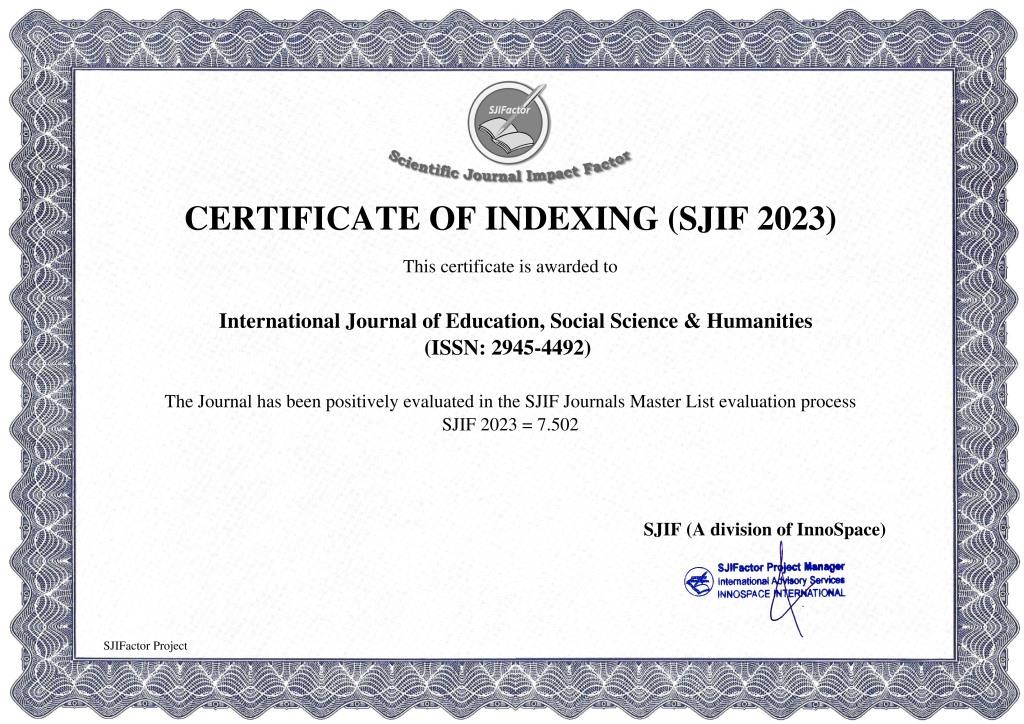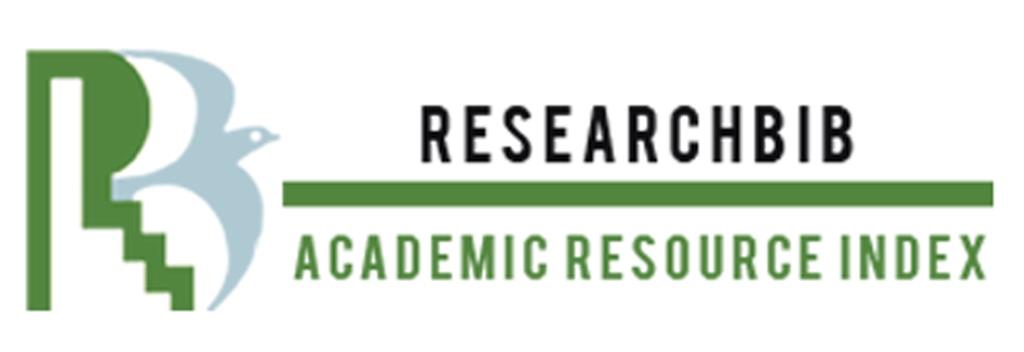PEDAGOGICAL-PSYCHOLOGICAL THEORY OF ENGLISH LANGUAGE TEACHING
Keywords:
pedagogical-psychological theory, English language teaching, cognitive psychology, language acquisition, feedback, inclusive education.Abstract
This article explores the Pedagogical-Psychological Theory of English Language Teaching, a framework that integrates pedagogical practices with insights from cognitive psychology to create a learner-centered approach to language instruction. The theory emphasizes personalized learning, meaningful contexts, scaffolding, and feedback to enhance language acquisition. While facing challenges in implementation, its potential benefits include improved language proficiency, cultural awareness, and global citizenship. This article discusses the theory's foundations, practical applications, challenges, and future directions, highlighting its significance in shaping the future of language education.
References
Ellis, R. (2008). The study of second language acquisition. Oxford University Press.
Gass, S. M., & Selinker, L. (2008). Second language acquisition: An introductory course. Routledge.
Brown, H. D. (2014). Principles of language learning and teaching. Pearson Education.
Vygotsky, L. S. (1978). Mind in society: The development of higher psychological processes. Harvard University Press.
Dörnyei, Z. (2009). The psychology of second language acquisition. Oxford University Press.














